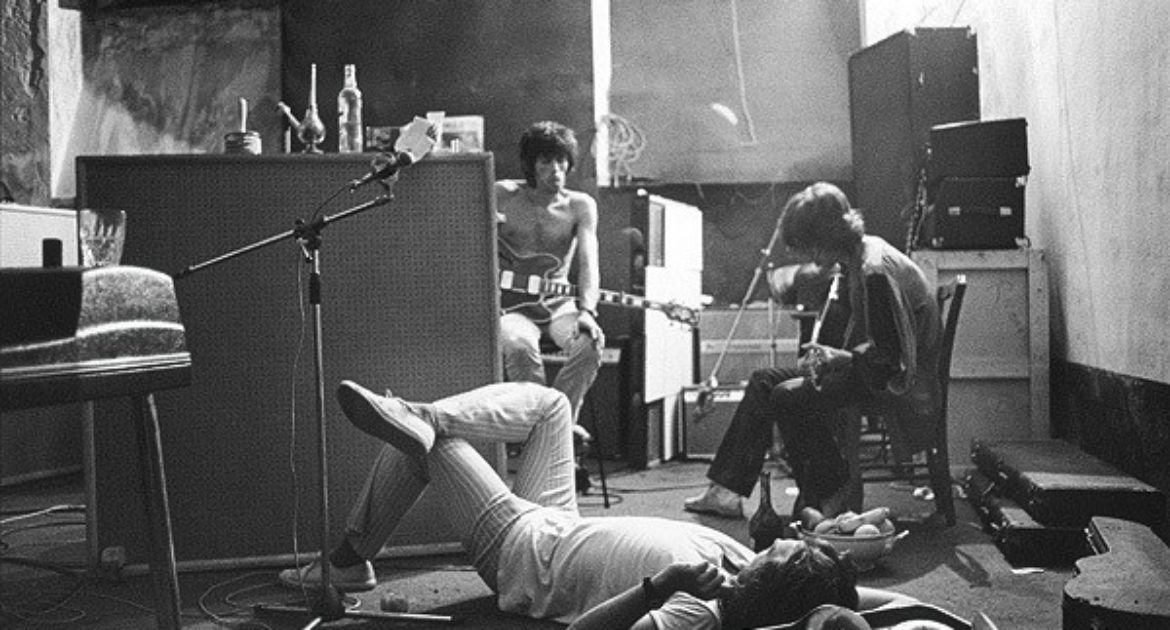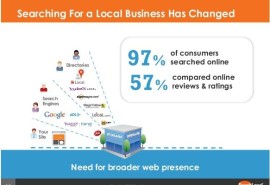Bring on the Location Manager

Forces that you might think are utterly unrelated to creativity can have a big impact. Technology obviously, but environment too. Even financial structures can affect the actual content of a song. David Byrne
There are other choices of places to do work than your home or office. Depending on what you need to get done and whom you need to interact with to get it done, a bar, beach, library, or lobby might provide better results. And you may not even notice the location had a positive effect. Organizations trying to create something new will have to rely on the creativity of their employees, and the leaders of those organizations will need to grow, retain, and set employees free in environments where they can do their best.
Location Managers in the film industry trade in creative environments. With zip drives full of location images to fit every scene, camera, and lighting tower, they collaborate with the director to find just the right location to meet his or her vision. Once chosen, the Location Manager coordinates with landlords, safety regulators, local communities, law enforcement, and, well, the mob to get it done.
Whatever your company’s approach to moving forward post-pandemic, why not consider creating a ‘Location Manager’ role for your teams? This person would be particularly helpful for product teams. The Location Manager would be responsible for finding the best location for the team to work, then help them move from site to site as the product lifecycle changed–from a cubby to watch the customer to a seaside villa for brainstorming, then back to the cubby for testing. Or, if working from home for a period is the best solution for each team member, the Location Manager would figure out the schedules, connections, software, and engagement rules.
The Location Manager would be trained in the latest virus prevention protocols, making sure each location had the right preparations before the team arrived. They would also be responsible for managing and transporting appropriate technology and equipment solutions—large monitors, VPN, wifi hubs, whiteboards, folding tables, etc.—to each location as needed.
Most importantly, the Location Manager would have the sensibility to know how each team member works and how the right environment might affect them and the product. This is a skill, not unlike the skill of an artist’s rep or a museum curator, and will require thoughtful training, constant tweaking, and interaction with business leaders to be sure their approach is working.
Based on the last few months, team members are bound to say working from home produces better results. Henry James said, “Every man works better when he has companions working in the same line, and yielding to the stimulus of suggestion, comparison, emulation. Great things have of course been done by solitary workers; but they have usually been done with double the pains they would have cost if they had been produced in more genial circumstances.” I agree. My experience is solitary workers move faster, but often in the wrong direction.
Project Managers and Scrum Masters might seem like the perfect fit to take on this new responsibility, but my experience says otherwise. Project Managers and Scrum Masters tend to focus more on process, costs, and productivity, not the nuances of creativity and customer value. Product Managers could possibly take on this role since they (should) know the customer so well, but along with her current responsibilities, how could a Product Manager possibly also take on safety, location coordination, and equipment transport duties? How about a middle manager? With the advent of self-managing product teams, a middle manager’s time appears to be freer than ever. But this role will require them to learn new skills, both tactical (COVID-19 protocols and understanding the multiple locations, realtors, regulations, etc.) and strategic (deeply understanding the Product Manager’s goals and audience, the team’s working habits, and a myriad of locations and location providers). In the film industry, the Location Manager is a skilled practice with its own union. The responsibility is often so vast, scouting, location management, equipment transport, and safety regulation responsibilities are broken up across multiple people under the management of one senior Location Manager. Ultimately, it may be best to train someone to take on this role full-time in your organization.
History shows the right environment can have a positive influence on the work. Some locations arise out of necessity–garages, hangars, and Quonset huts all over California (Disney, Hewlett-Packard, Apple, Google, et al). Others are more purposeful—an office 3,000 miles away from corporate (PARC), a walled-off garage with a locked door hidden in corner of the corporate campus (Skunk Works, creator of the SR-71), or a secluded castle in Villefranche-sur-Mer, France (Rolling Stones’ Exile on Main St). If I had to guess, post-pandemic, realtors, hoteliers, Airbnb hosts, and castle heirs will be happy to bargain with you to a price far below your current per-square-foot cost.
Whether providing services over the phone or onsite, coding a mobile app or web site, or even building the next electric automobile, our work is profoundly affected by the environment in which we do it. Let’s get some help to make sure our work environment is safe, comfortable, inspiring, collaborative, and encouraging.
Related Posts
-
Still feels like local search is as dis-aggregated as web se...Sep 09, 2013 / 0 comments
-
A few tips to make sure you get the right resources from you...Apr 27, 2019 / 0 comments
-
Categories
Recent Posts
CONTACT INFO
Welcome to Coral Mountain Consulting, a Deliverse company. We are glad you found us. If you need to contact us, please call or email Barc directly.
Phone: 1-(626) 644-3857
Office: 2122 New York Drive, Altadena, CA 91001







